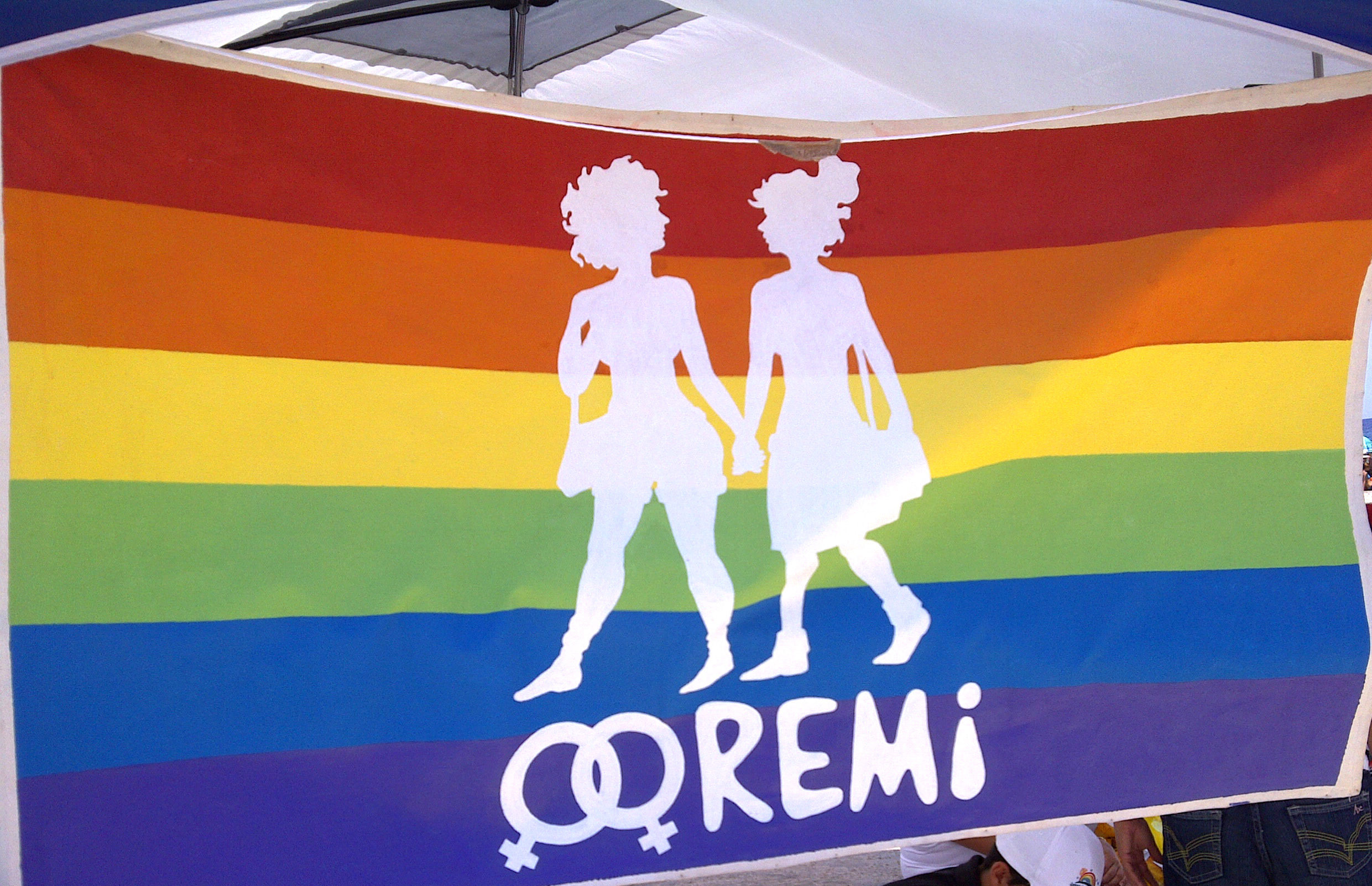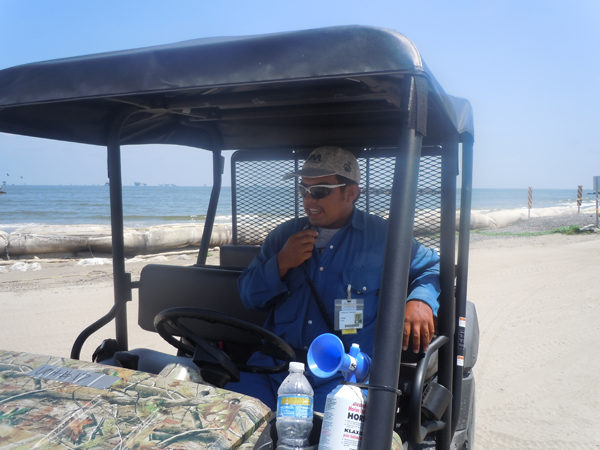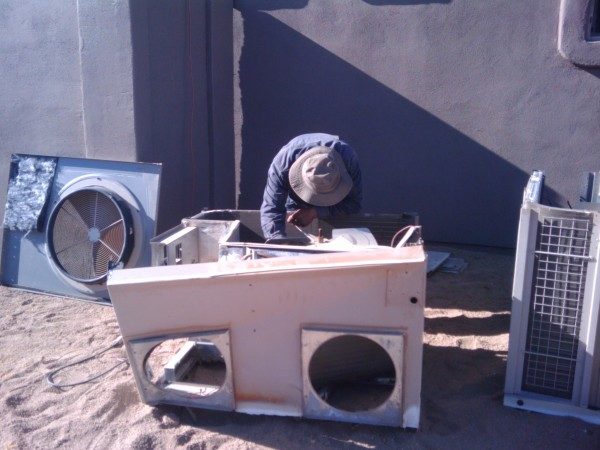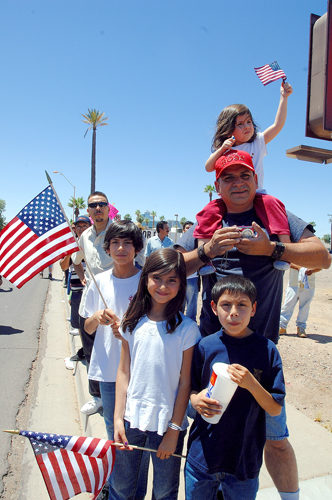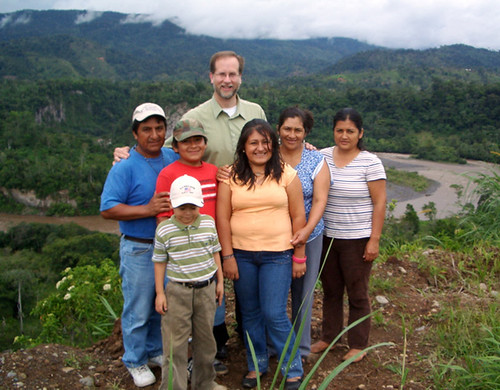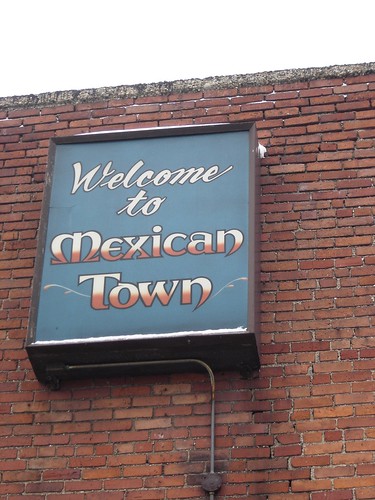Phoenix-based FI2W reporter Valeria Fernández produced a radio piece for NPR’s Latino USA on immigrants who work in the dairy industry and the farmers who hire them.
Here, Valeria narrates how she produced the piece, which airs this weekend on Latino USA. To listen to the piece, press “play” below.
[audio:http://latinousa.kut.org/wp-content/lusaaudio/859segAZdairies.mp3]
By Valeria Fernández, FI2W contributor
For almost two years now, one of my sources here in Arizona had insisted that I do a story about immigrants working in dairies. I finally started to work on this one about five months ago, before I even knew which direction it was going to take, or even that it was going to become a radio piece. I needed to become familiar with the universe of dairies at a time when Arizona was facing an intense crackdown on illegal immigration.
There was naturally going to be fear and resistance on the part of immigrant workers. For about two years now, the state has had a law in place that sanctions companies who knowingly hire undocumented labor.

Farmer Gerald Lunt says than “other than the economy and the price of milk,” finding workers is his biggest problem. (Photos: V. Fernández – Click to see more)
ALSO: Read a diary by the daughter of a Mexican immigrant dairy worker.
The law has been used mostly to conduct work-site raids in businesses, resulting in the arrest of a couple of hundred workers. The number is not large, but the chilling effect on local immigrant communities is much bigger.
In a couple of ways, this was unexplored territory for me. I was as nervous as the subjects of the story. Not only was I going to leave the comfort of print, but also, I was going to do it in English, my second language. I feared leaving my small notepad and using a microphone instead. Often times I would just tuck it away, and listen to people to help them relax.
There have been stories about workers in agriculture, but I wanted to do a story about what life was like in the dairies. I had all sorts of preconceptions.
(more…)


